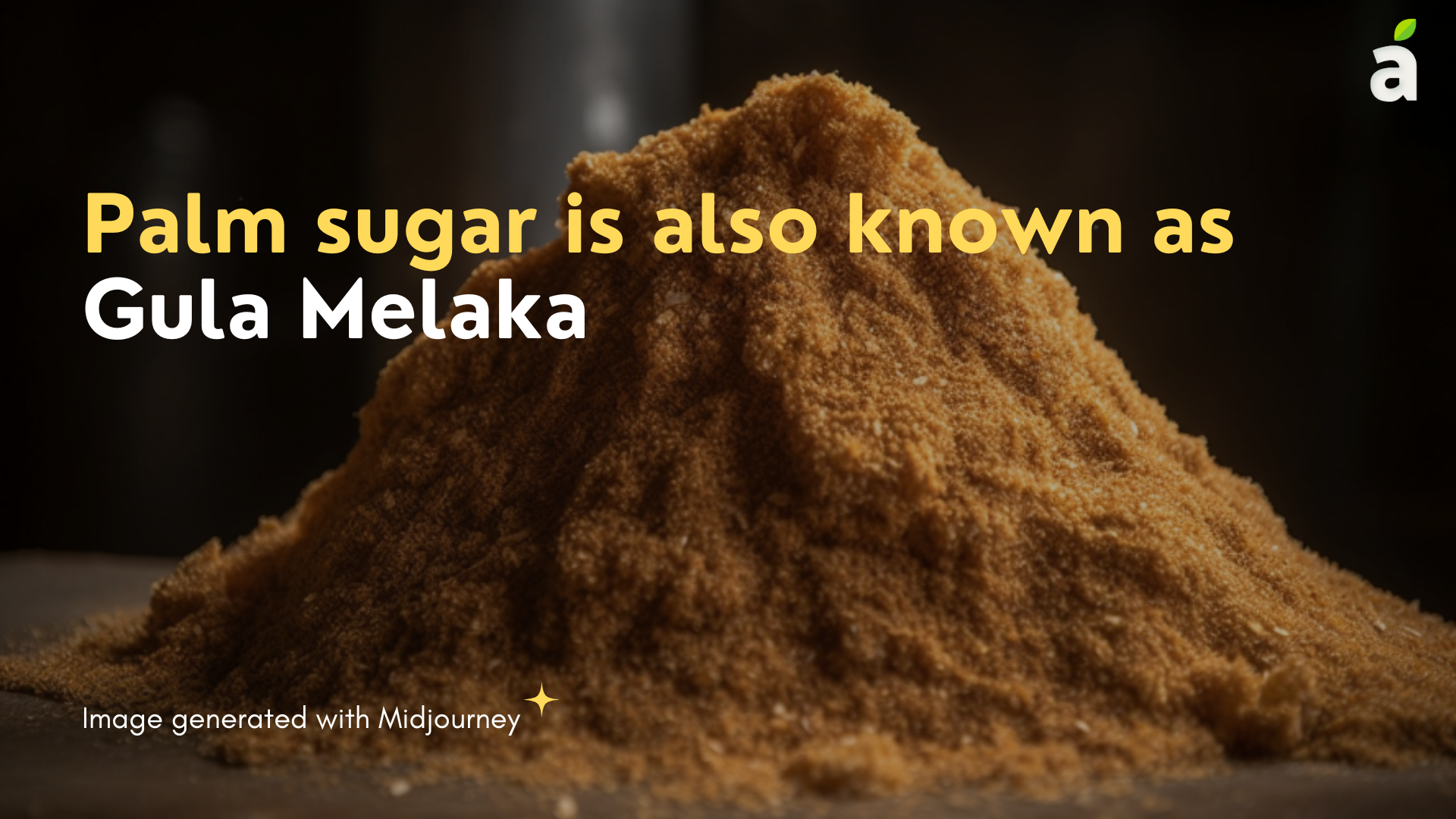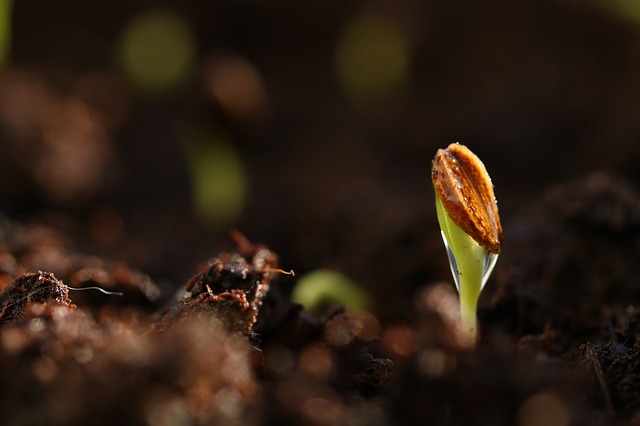Published Date January 24, 2003
Unearthing the Sweet Secrets of Sugarcane
By Naurin Ansari
3 min read
Last update date: January 24, 2003

Sugarcane, a tall and vibrant grass native to tropical regions, has been cultivated for centuries for its sweet and juicy stalks. Beyond its delightful taste, sugarcane offers various health benefits and plays a significant role in several aspects of human well-being.
In this blog, we will delve into the fascinating world of sugarcane, exploring its characteristics, impact on kidney function, relationship with diabetes, and potential drawbacks. Let's uncover the hidden treasures and considerations associated with this versatile plant.
What is Sugarcane?
Sugarcane, scientifically referred to as Saccharum officinarum, is a robust type of perennial grass renowned for its high sugar content. It is cultivated across Africa, India, South America, and parts of Asia.
Sugarcane and its varieties offer numerous health benefits when consumed in moderate quantities. Whether enjoyed as fresh sugarcane juice or by simply chewing on the fibrous stalks, it can treat urinary tract issues and provide a valuable dose of antioxidants.
It belongs to the Poaceae family and is a resilient plant that thrives in tropical and subtropical climates. These regions are characterized by warm temperatures and ample rainfall, which create favourable conditions for the growth and development of sugarcane. The stalks of the sugarcane plant contain high levels of sucrose, a natural sweetener and a valuable source of energy.
Through a series of processing steps, the sugary juice is extracted from the harvested stalks and transformed into various products, including sugar, molasses, and even ethanol for biofuel production.[1][2][3]
Sugarcane and Kidney Function
Sugarcane is known to possess diuretic properties which can aid in the proper functioning of the kidneys by eliminating excess salt and water from the body. Additionally, when consumed in the form of juice along with lime and coconut water, sugarcane can alleviate the burning sensation associated with various urinary tract conditions. This can be attributed to its soothing and hydrating properties.
One of the notable benefits of sugarcane is its rich antioxidant content, which plays a vital role in building and maintaining a healthy immune system. These antioxidants are essential for combating free radicals and other harmful molecules that can cause cellular damage.
By neutralising free radicals, sugarcane's antioxidants help protect against various medical conditions, including diabetes, malaria, and skin cancer. The natural diuretic properties of sugarcane stimulate urine production aiding in the regular removal of waste products from the body and reducing the burden on the kidneys.
Furthermore, the presence of antioxidants, such as flavonoids, in sugarcane may offer protective effects against oxidative stress and inflammation, which can contribute to kidney damage.[4][5][6][7]
Sugarcane and Diabetes
For individuals with diabetes, choosing sugarcane derivatives over refined sugars is often recommended as it can help regulate the glycemic index. Sugarcane juice, in particular, contains potassium, which balances the pH levels in the stomach which, in turn, aids in the secretion of digestive juices and helps maintain a healthy digestive system.
The consumption of sugarcane juice may also help prevent stomach infections. Despite its inherent sweetness, sugarcane has a relatively low glycemic index (GI). This is attributed to its fibrous content, which slows down the release of sugars into the bloodstream. This means that the rise in blood glucose levels is gradual rather than sudden. This characteristic makes sugarcane a potentially suitable choice for individuals with diabetes, as it may have a less pronounced impact on blood sugar levels.
However, people who are already diagnosed with either Type 1 or 2 Diabetes, must regularly monitor their blood glucose levels and only switch food in their diet if their physician or nutritionist instructs.[8]
Drawbacks of Sugarcane
Consuming sugarcane juice can have blood-thinning effects due to the presence of policosanol. While this can be beneficial for some individuals, it can be a concern for those taking medications for it.
It's important to note that sugarcane is relatively high in calories, with approximately 270 calories per 100 grams therefore moderation is key. Healthcare professionals typically advise limiting the intake to one glass of sugarcane juice per day to manage calorie intake effectively.
Despite its health benefits, there are a few drawbacks to consider when consuming sugarcane. The high sugar content in sugarcane can contribute to weight gain and increase the risk of dental cavities, particularly when consumed excessively or without proper oral hygiene practices.
Additionally, there is a risk of bacterial contamination if sugarcane juice is not prepared and handled hygienically. To ensure safe consumption, it is crucial to obtain sugarcane products from reliable sources and ensure proper sanitation during processing and preparation.[9]
Takeaway
Sugarcane, a versatile and flavorful crop, holds both potential health benefits and drawbacks. From its potential impact on kidney function to its relationship with diabetes, sugarcane offers a range of possibilities. If you ensure hygiene and check for the potential impact of sugarcane on your health on Ariso, you can enjoy the sweet rewards whilst avoiding its drawbacks.
References
- https://www.healthifyme.com/blog/10-benefits-sugarcane-juice-health-skin/
- https://www.webmd.com/diet/health-benefits-sugarcane#1
- https://www.delightedcooking.com/what-is-sugar-cane.htm
- https://www.lybrate.com/topic/sugarcane-juice-for-healthy-kidney/e6cc959ea467f1515cc4003f65423bba
- https://indianexpress.com/article/lifestyle/health/nutritionist-explains-how-sugarcane-juice-benefits-health-kidney-skin-hair-7154499/
- https://www.tataaig.com/knowledge-center/health-insurance/benefits-of-sugarcane-juice
- https://uniquetimes.org/sugarcane-juice-helps-to-fight-uti/
- https://www.healthifyme.com/blog/sugarcane-jucie-diabetes/
- https://bebodywise.com/blog/sugarcane-juice-disadvantages/
Keep reading

The Sweet Delight of Palm Sugar
By Naurin Ansari

The Sweet Treasure: Exploring the World of Jaggery
By Naurin Ansari

The Sweet and Nutritious World of Dates
By Naurin Ansari

The germination of the seed
It is expected of women to take the utmost care during pregnancy. They are given a list of do’s and don’ts during pregnancy and even after delivery
By Hetvi Shah
Choose Healthy With Us.
Know the real truth about your food. Stay informed and healthy, for free.

Download the App Now
Certified nutritionists trust our food recommendations. Safe to say, so can you :)









